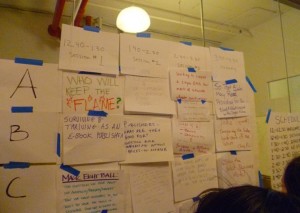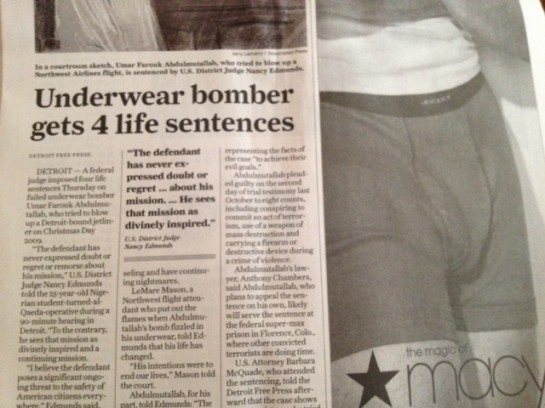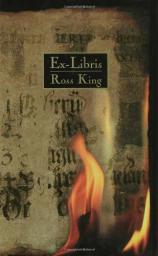 Elie Wiesel has plaintively requested that Mitt Romney intervene with the Mormon church to insist that the organization finally end the barbaric and creepy practice of posthumous so-called “conversions” of non-Mormon decedents, including many Holocaust victims. Wiesel was interviewed tonight on “The Last Word with Lawrence O’Donnell,” where he explained that notwithstanding a mid-1990s agreement that was supposed to have ended the practice, a former Mormon researcher–Helen Radkey, who was also interviewed by O’Donnell–had informed Wiesel that the practice has never stopped. Wiesel learned that among those whose have been posthumously ‘claimed’ were the parents of Nazi hunter Simon Wiesenthal, and weirdly, breaking with their own practice of claiming the deceased, Wiesel himself, and his wife.
Elie Wiesel has plaintively requested that Mitt Romney intervene with the Mormon church to insist that the organization finally end the barbaric and creepy practice of posthumous so-called “conversions” of non-Mormon decedents, including many Holocaust victims. Wiesel was interviewed tonight on “The Last Word with Lawrence O’Donnell,” where he explained that notwithstanding a mid-1990s agreement that was supposed to have ended the practice, a former Mormon researcher–Helen Radkey, who was also interviewed by O’Donnell–had informed Wiesel that the practice has never stopped. Wiesel learned that among those whose have been posthumously ‘claimed’ were the parents of Nazi hunter Simon Wiesenthal, and weirdly, breaking with their own practice of claiming the deceased, Wiesel himself, and his wife.
Last October I wrote a blog post, “Hitchens’ Book of Mormon-ism,” after Christopher Hitchens published “Mitt Romney’s Mormon Problem” in Slate. Hitch’s piece, one of his last before he died in December, included a reference to a terrific book that I’d republished in 1995. By Facebook friend Alex Shoumatoff, The Mountain of Names is a superb study of human kinship and genealogy. As I wrote then, the Shoumatoff book’s “title is a direct reference to the bank of names that Mormons, at least until the mid-90s, kept in the rocky innards of a private peak in Utah. . . . In his inimitable way, Hitch tartly dubs this ‘a crass attempt at mass identity theft from the deceased.’” Now we learn that the harvesting of names didn’t end then, and evidently has still not ceased. It’s a pity Hitch isn’t around to inveigh against this all the more.
A theology that envisions its modern day believers accruing some kind of divine credit for baptizing the dead is to me a bizarre and arrogant faith.
Feb. 16 update from a 2007 Newsweek interview with Mitt Romney:
“When asked by NEWSWEEK if he has done baptisms for the dead—in which Mormons find the names of dead people of all faiths and baptize them, as an LDS spokesperson says, to ‘open the door’ to the highest heaven—he looked slightly startled and answered, ‘I have in my life, but I haven’t recently.'”
 #Fridayreads Something Fierce: Memoirs of a Revolutionary Daughter, Carmen Aguirre’s chronicle of her upbringing in flight from Pinochet’s Chile, winner of the 2012 Canada Reads: True Stories competition. Aguirre’s family first fled to Canada after Allende’s fall, but her firebrand mother moved them to Bolivia, on the doorstep of their homeland, so she could participate in the revolutionary struggle to liberate their country. When Carmen turns 18, she becomes an active member of the struggle. Gripping and good.
#Fridayreads Something Fierce: Memoirs of a Revolutionary Daughter, Carmen Aguirre’s chronicle of her upbringing in flight from Pinochet’s Chile, winner of the 2012 Canada Reads: True Stories competition. Aguirre’s family first fled to Canada after Allende’s fall, but her firebrand mother moved them to Bolivia, on the doorstep of their homeland, so she could participate in the revolutionary struggle to liberate their country. When Carmen turns 18, she becomes an active member of the struggle. Gripping and good.




